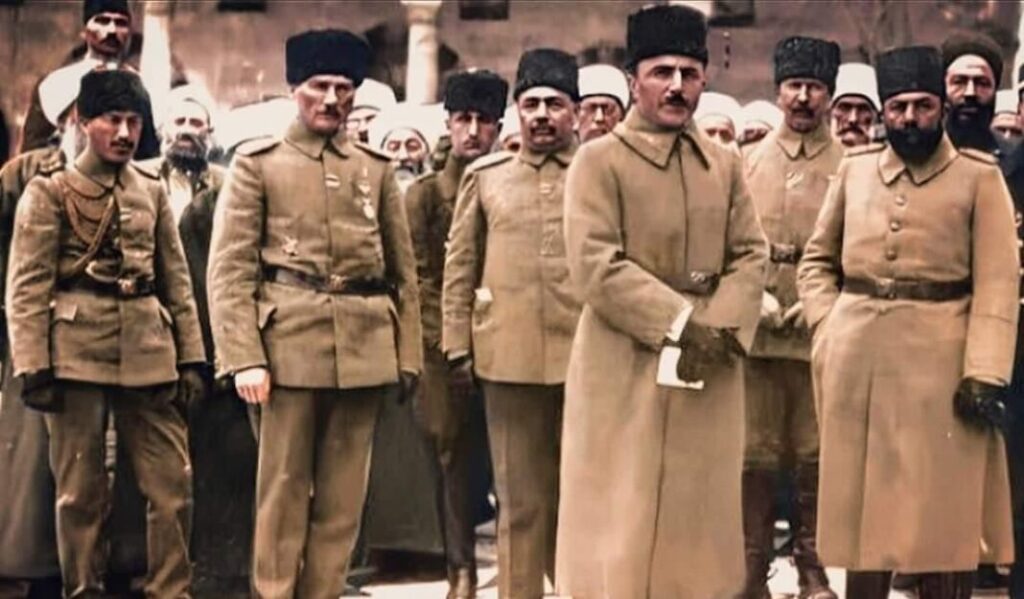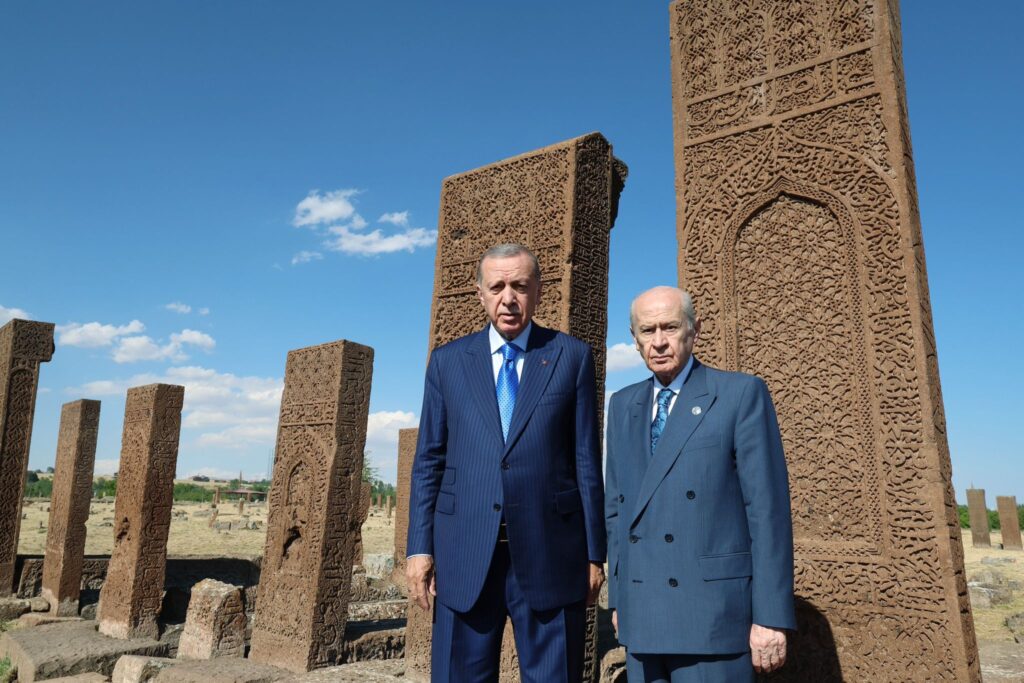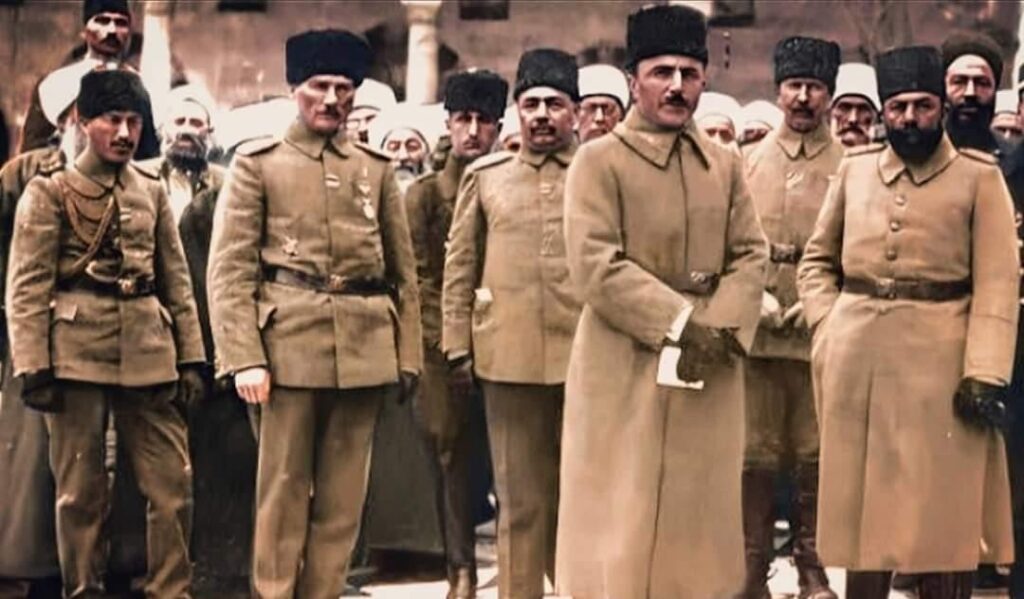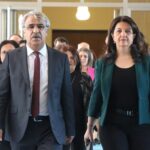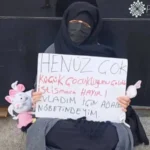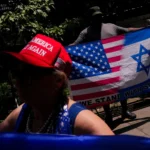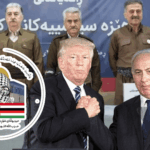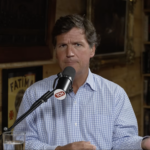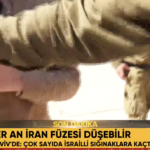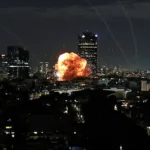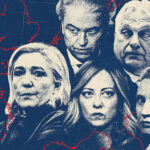Western media outlets are facing an irrationality that they did not expect and it cannot be said that they are not alone in this. Anyone who has ability of political reading in Turkey has difficulty explaining this situation. The question is why the PKK ended the cease-fire, although it has a group of 80 deputies in Parliament, it administrates more than 100 municipalities and has passed the threshold of legitimacy thanks to its struggle against the Islamic State of Iraq and al-Sham (ISIS). It was July 23 when Turkey bombed the Qandil Mountains in northern Iraq. However, the PKK declared after July 11 in articles, statements, and local protests that the cease-fire ended and a "revolutionary people's war" had started through various. Now, they have declared democratic autonomy in many provinces in southeastern Turkey. They prevent the police from entering the municipalities that they govern by digging trenches and building walls, arguing that this is a kind of liberation. Within this same strategy, they steal construction equipment from municipalities and building sites, pull bridges down and burn passing trucks. For the PKK, it is a trivial detail that those trucks take flour to the municipalities administrated by themselves by passing over those bridges. When nationalist crudeness is so appealing, it is no burden to harm Kurds.
Those who cannot explain this irrational attitude should go back to two years ago when the PKK established a militia organization called the Patriotic Revolutionary Youth Movement (YDG-H) in southeastern provinces. Then they should question why the PKK stockpiled weapons in districts and villages throughout the reconciliation process. Thinking that the reconciliation was an invitation to demilitarization, the government expected that the Peoples' Democratic Party (HDP) would gain strength over time, the PKK leadership in the Qandil Mountains would pursue their jailed leader Abdullah Öcalan's strategic preference and Kurds, who enjoyed the peace and whose living conditions improved, would not allow a return to arms once again. However, this expectation came to nothing. The HDP has come to be a pallid and inconsistent projection of the PKK leadership, the short-term happiness of forming a state in Rojava carried the PKK away and Kurds living in the region could not create self-confidence to defend common sense against the PKK.
The government also made a series of tactical mistakes that gave rise to this development. President Recep Tayyip Erdoğan's remarks that implied not to embrace the reconciliation process prevented civil society from developing a position outside of the PKK while alleviating the PKK physiologically. Although negotiations needed to become concrete and accelerate, a gap was experienced because of elections. The government got stuck on the fact that the HDP joined the anti-Justice and Development Party (AK Party) bloc. Furthermore, it entered elections with candidates that hoped for help from the power of tribes and sparked great reaction. However, a new move that appealed to society itself and representatives of this move might have brought the AK Party deputies who it needed and kept the reconciliation process alive.
As for the PKK, it thought that a new world lay ahead and that history would give it the opportunity to yield numerous fruits. It ended the cease-fire to take advantage of these opportunities. However, reality turned out to be completely different from what they had expected. Now the HDP and PKK are trying to cope with this tragedy individually. The PKK is striving to deepen the war against the state to overcome strategic pressure and to boost the reality of the conflict, and to this end it is killing soldiers and police officers almost every day. They think they will handle the situation by romanticizing the fact that people ruin their own roads by digging ditches and cannot find food to eat. The HDP is desperate. It is aware that it has become marginalized and is trying to save the day through statements and open letters that no one pays attention to.
The AK Party strove to demilitarize military state policy. However, Kurdish politics preferred to become militarized once again in a time when it could have made the greatest contribution to this move.
Yazıyı beğendiysen, patronumuz olur musun?
Evet, çok ciddi bir teklif bu. Patronumuz yok. Sahibimiz kar amacı gütmeyen bir dernek. Bizi okuyorsan, memnunsan ve devam etmesini istiyorsan, artık boş olan patron koltuğuna geçmen lazım.
Serbestiyet; Türkiye'nin gri alanı. Siyah ve beyazlar içinde bu gri alanı korumalıyız. Herkese bir gün gri alanlar lazım olur.




